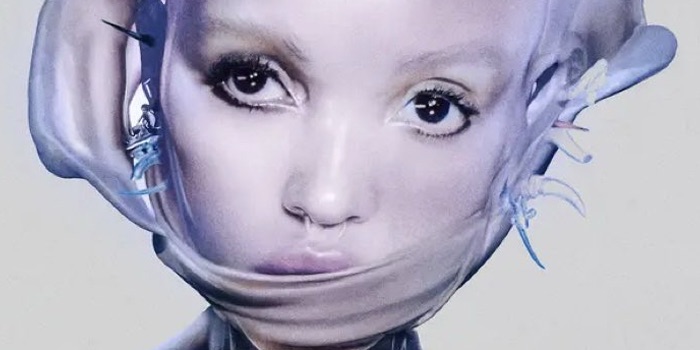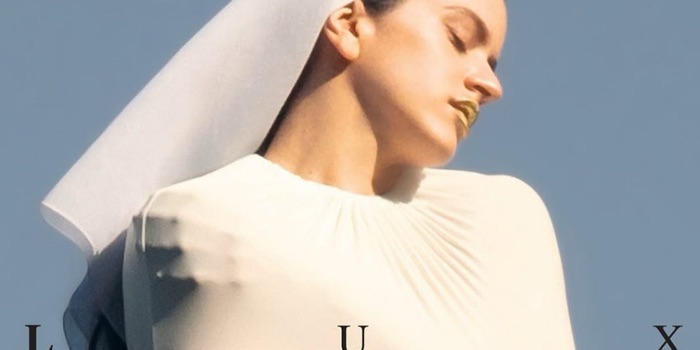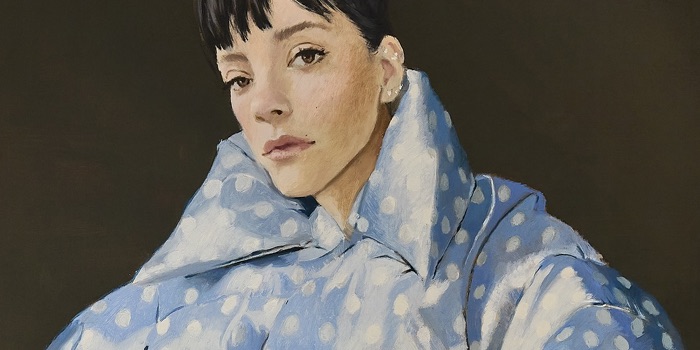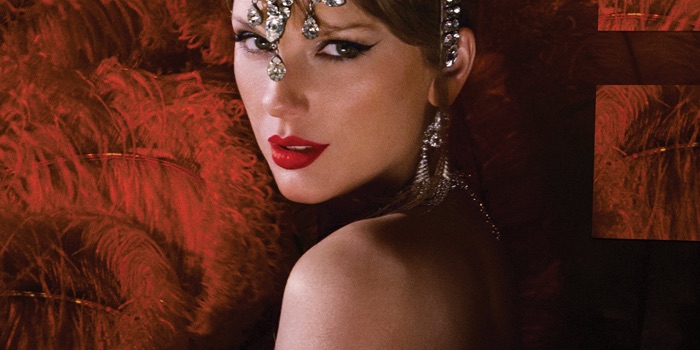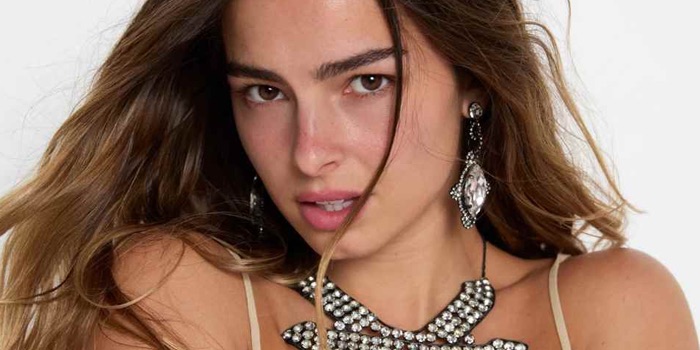
In the ever-churning tide of influencer-to-pop-star pivots, Addison Rae’s ‘Addison’ arrives as something unexpectedly genuine. While many are quick to dismiss TikTok alumni dabbling in music as opportunistic ventures, Rae’s journey reveals a more nuanced trajectory. In her appearance on the New York Times’ Popcast, she candidly reflects on her social media peak not as a crowning moment, but as a launchpad and one she was actively strategising her way out of. For Rae, virality was a means, not an end and a necessity to build a platform strong enough to support more considered creative pursuits.
This context shapes ‘Addison’, not as a vanity project but as the culmination of a longer, more creatively viable arc. Rae had been writing music as far back as 2020, right when she was still cementing her online fame. Crucially, she wasn’t just cutting demo vocals on faceless tracks, she was insistent on writing and on shaping her own musical point of view. “I want to write, so I at least know what I’m doing,” she told Popcast, a statement that subtly pushes back against the cynicism that often greets influencer-made art. Like Troye Sivan before her who parlayed a YouTube following into a serious pop career, Rae’s approach shows a deliberate pivot from viral content to craft. And as a result, ‘Addison’ isn’t just a collection of songs; it’s an early but earnest assertion of authenticity.
What makes ‘Addison’ particularly compelling is how tightly focused and deliberately shaped it is. Rae worked entirely with just two collaborators for the project, comprising of songwriter/producers Luka Kloser and Elvira Anderfjärd which lends the project a surprising sense of cohesion despite the differing sonic scapes of the tracks. There’s no bloated production team or trendy genre-hopping; instead, the album feels like a distilled statement of intent. Rae’s reference points span past pop eras and aesthetics. She’s spoken about her reverence for the celebrity mythologies of Britney, Madonna, and Janet, icons who didn’t just make pop but embodied it as a performance of self. That context matters. Rae isn’t imitating them, she’s made herself a student of the journey of how artistry and image conspire over time to make something larger than life.

This blend of reverence and self-awareness threads through the album. Yet Rae isn’t lost in the past. Her affection for contemporary innovators like Charli xcx and Arca shows she’s not trying to rehash nostalgia. ‘Addison’ sits confidently between pop eras, anchored in the foundations of pop while tapping into the shape-shifting sensibilities of the present. Opener ‘New York’ draws inspiration from Charli with its beat emulating the brashness of ‘club classics’ on ‘BRAT’. It’s this duality, this balancing act, that gives the album its surprisingly timeless sheen. ‘Diet Pepsi’ shimmers with its glassy, melancholy pop brushed with a synthetic coolness and with the Lana Del Rey idioms in its sultry lyricism.
One of strengths of ‘Addison’ is that it doesn’t take itself too seriously and neither does Rae. There’s a self-aware playfulness running through the record that keeps it light on its feet, even when it brushes up against heavier themes. On ‘Money is Everything’, she leans into the fantasy: flaunting her success, revelling in the absurdity of it all while name-dropping Madonna, Lana Del Rey, and Lady Gaga almost like talismans of pop indulgence. It’s camp, it’s confident, and it’s clearly having a good time which, in an era where pop often veers into either irony or oversharing, feels refreshingly unbothered.
The album’s closing track, ‘Headphones On’ underscores Rae’s self-professed identity as an active listener. In interviews, she’s said that if she can’t listen to something with real intent, she doesn’t want to listen to it at all. That level of attentiveness, both in how she consumes music and how she now makes it, feels central to her artistic point of view. She presents us with more substantial lyricism in this track as she talks about her struggles with fame (“I compare myself to the new ‘it’ girl”), the break down of her parents’ relationship (“Wish my mom and dad could’ve been in love / Guess some things aren’t meant to last forever”) and how she uses music as an escape. It’s a gentle but resonant way to end a debut that’s as much about understanding pop’s emotional mechanics as it is about playing the game.
Rae might have started on TikTok, but this debut makes it clear: she’s playing a longer more satisfying game.


